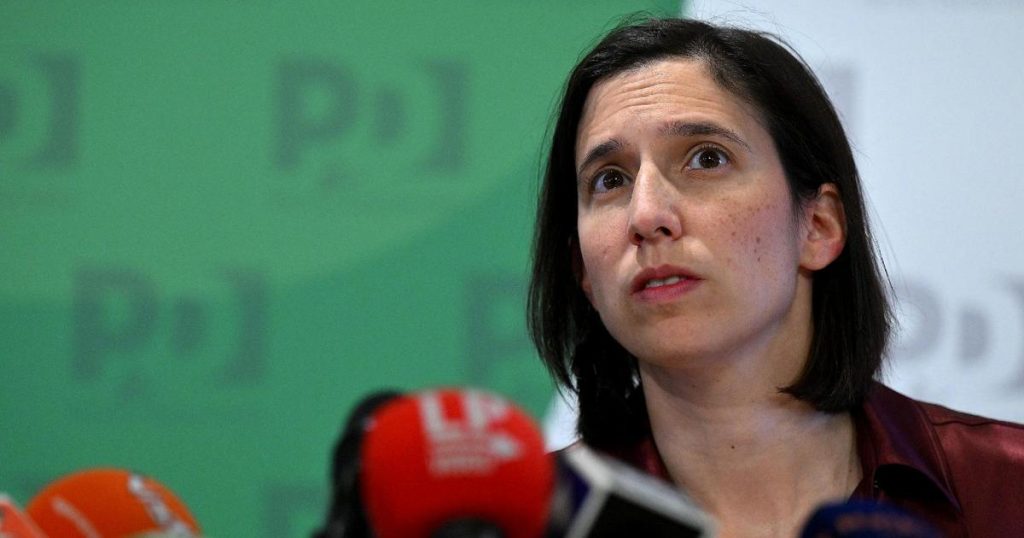The Secretary of the Democratic Party Elly Schlein dedicated part of her press conference to addressing the issue of abstentionism following the recent local elections where the center-left emerged victorious in several major cities. She emphasized the importance of reaching out to those who no longer feel represented and stated, “It is our duty to go street by street, town by town, to listen to the people.” Regarding the issue of Differentiated Autonomy, Schlein mentioned that they are exploring all possible avenues to oppose it, including discussions with regions, political parties, unions, and social organizations. She expressed concerns that Differentiated Autonomy would further divide the country.
Schlein’s remarks highlight the Party’s commitment to engaging with disenfranchised citizens and addressing their concerns. The focus on grassroots outreach and listening to the voices of those who feel marginalized indicates a desire to bridge the gap between the political elite and the general population. By acknowledging the impact of abstentionism on democracy, the Party aims to build a stronger connection with voters and rebuild trust in the political system.
On the issue of Differentiated Autonomy, Schlein’s stance reflects a strong opposition to the idea, as she believes it would deepen existing divides within the country. By advocating for dialogue with regions, political parties, unions, and social groups opposed to Differentiated Autonomy, the Party seeks to build a coalition against the proposal. This demonstrates a commitment to uniting different sectors of society to oppose measures that could potentially harm national unity and cohesion.
The discussion surrounding Differentiated Autonomy raises complex questions about the nature of regional autonomy and its implications for national unity. While the concept of autonomy for regions can promote local decision-making and address regional disparities, it also has the potential to create divisions and fragment the country. Schlein’s assertion that Differentiated Autonomy could split the country in two underscores the concerns about its impact on national unity and the potential for exacerbating existing tensions.
In response to the recent local elections where the center-left secured victories in major cities, Schlein’s remarks suggest a renewed focus on grassroots mobilization and engagement with voters. By committing to listen to the concerns of citizens who feel disconnected from the political process, the Party aims to rebuild trust and strengthen its support base. This approach signals a recognition of the importance of connecting with voters at the local level and addressing their needs and frustrations.
Overall, Schlein’s comments reflect a broader strategy of reaching out to disenfranchised citizens, opposing measures that could further divide the country, and building a coalition against Differentiated Autonomy. By emphasizing the importance of grassroots engagement and dialogue with various stakeholders, the Party aims to unite different sectors of society in defense of democratic values and national unity. As the political landscape continues to evolve, the Party’s commitment to listening to the concerns of citizens and building a broad-based opposition to divisive proposals demonstrates a proactive approach to addressing complex challenges facing the country.


